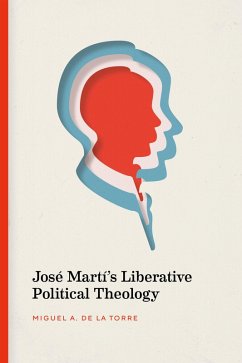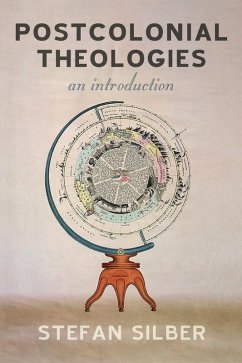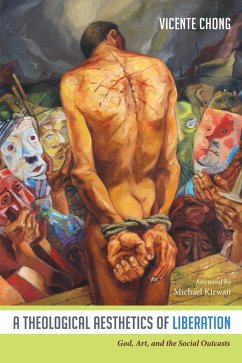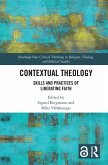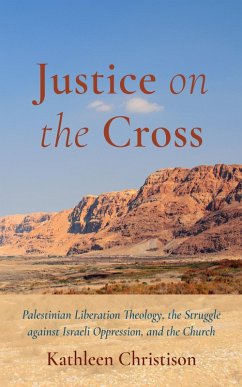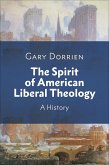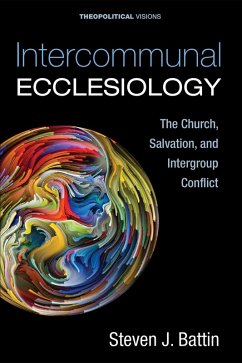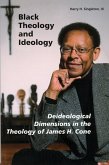José Martí's Liberative Political Theology argues that Martí's religious views, which at first glance might appear outdated and irrelevant, are actually critical to understanding his social vision. During a time in which the predominant philosophical view was materialistic (e.g., Darwin, Marx), Martí sought to reconcile social and political trends with the metaphysical, believing that ignoring the spiritual would create a soulless approach toward achieving a liberative society. As such, Martí used religious concepts and ideas as tools that could bring forth a more just social order. In short, this book argues Martí could be considered a precursor to what would come to be called liberation theology. Miguel De La Torre has authored the most comprehensive text written thus far concerning Martí's religious views and how they affected his political thought. The few similar texts that exist are written in Spanish, and most of them romanticize Martí's spirituality in an attempt to portray him as a "Christian believer." Only a handful provide an academic investigation of Martí's theological thought based solely on his writings, and those concentrate on just one aspect of Martí's religious influences. José Martí's Liberative Political Theology allows for mutual influence between Martí's political and religious views, rather than assuming one had precedence over the other.
Dieser Download kann aus rechtlichen Gründen nur mit Rechnungsadresse in A, D ausgeliefert werden.

